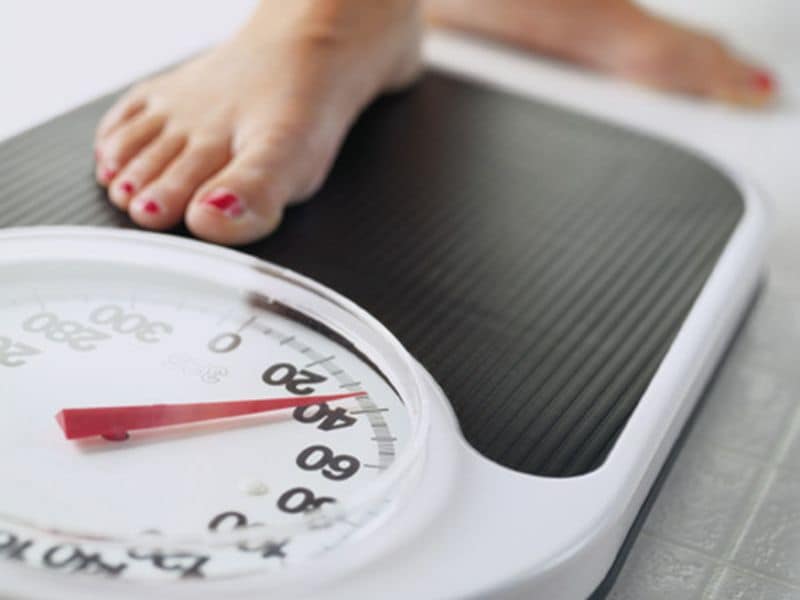
Deciding to have weight-loss surgery is tough enough, but then you have to choose between several procedures — each with different risks and potential weight loss. So how do you decide which one is best for you? New research that compares three types of weight-loss surgery in more than 46,000 patients may help. The three… read on >
















